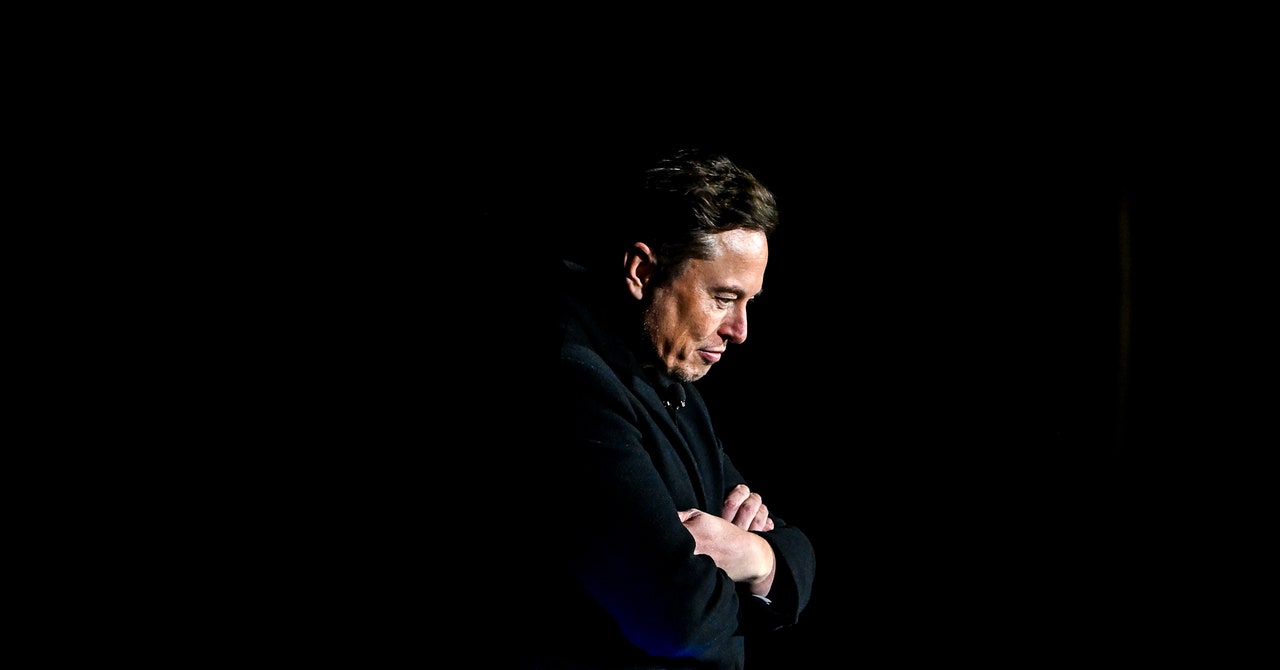A number of executives have already left the company after Musk launched his takeover bid, affecting countless others further down the food chain. “Internally, the feeling is that people have applied for jobs and will continue to apply,” says the first Twitter employee.
Employees say they were particularly hurt by a lack of managerial support when a number of employees were caught by Project Veritas trying to tell them publicly negative things about their potential new boss. “I came to Twitter and wanted to stay,” says the first employee. “I liked my job. Nothing would keep me here now – even if they returned to what they were.’
The brain drain is likely to continue, with current employees worrying about Twitter’s withdrawal of job applicants from job applicants and the impact it is likely to have on who applies in the future. A job applicant who was offered a job at Twitter this year but who was withdrawn during the acquisition says he would reapply at the company, but not before asking the manager to whom he would report on internal politics and plans for the company. future.
Others aren’t so sure that the reputational risks to Twitter are as great as those within the company fear. “The real concern was that he would democratize it too much and make people say things that would be inappropriate,” said Cary Cooper, a business professor at Manchester Business School. “Shareholders would be concerned because he has commercial nous.”
However, Cooper thinks the investor’s impact could be greater. “There is a downside, I think, because [Musk] would have seen it as a commercial takeover, as well as a platform,” he says. Cooper believes Twitter’s senior management team will have to act in Musk’s absence and introduce a new business plan to revitalize the company.
But there’s little evidence that this will happen, said Debra Aho Williamson, director of market analysis firm Insider Intelligence. “The past few months have been a huge distraction for Twitter, preventing it from focusing on its business fundamentals,” she says. “If Musk can end the deal, Twitter will still have the same problems it had before he came on the scene. User growth is slowing. And while ad revenue is still growing marginally, Twitter is now dealing with a slowing economy that could push ad spend across all social platforms.
There is also the issue of staffing levels. The accumulation of issues is a concern that will likely concern Twitter’s investors. The Vanguard Group, Morgan Stanley, BlackRock, Kingdom Holding Group and State Street did not respond to questions about whether they thought Twitter should fight Musk in court or let the deal fail. Ives believes that investors prefer a Musk-free future for Twitter, with Agrawal running the company and recovering Musk’s compensation. Legal experts believe Musk will have to pay a significant amount if he doesn’t buy the company. It hardly matters to employees. “I can’t imagine what it will look like in five years,” said the first Twitter employee. “But I know no one I know will be here.”
Which route investors choose could be crucial for the coming months — and for whether Twitter can recover from the damaging events of the past three months. Twitter’s stock price has fluctuated wildly since Musk’s involvement with the company was first announced on April 4, when he announced a 9 percent stake in the company. The price rose 27 percent on the day his bet was announced, to $49.97. It then peaked at $51.70 on April 25, when the Twitter board accepted Musk’s offer, before collapsing as Musk began the litany of issues he had with the platform and found reasons to pull out of the deal. .
Today, Twitter’s stock price opened at $34.64, 12 percent below its value immediately before Musk became intertwined with the company. Since then it has declined further. “Musk basically messed with us, screwed the stock price, catalyzed a lot of layoffs and cut spending,” the first Twitter employee tells WIRED. “Morale is so damn low no one wants to be here right now.”
Additional reporting by Vittoria Elliott

